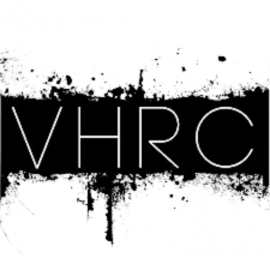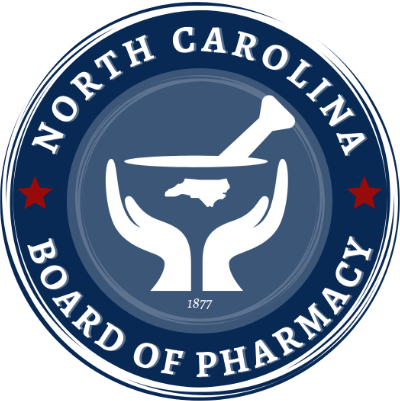Asheville is beloved. We are gutted to see the destruction. The storm affected a very large area, multiple counties in NC, SC, TN. Right now Asheville is getting attention, but it is critical to spread donations into the rural counties too. Here’s how to help.
Immediate Needs
Day-to-day needs, shopping lists, and caravans are being discussed on the NC Harm Reduction Advocacy listserv. If you intend to join this community long-term, let us know and we can tell you how.
In the area?
Tyler Yates at NC DHHS is maintaining a list of evolving SSP operating hours. We haven't heard from Sunrise at the Buncombe health department directly, but do know their supplies were hard to access. Other SSPs are operating locally.
Ensuring those affected by, and those assisting with, Hurricane Helene have the Behavioral Health resources they need:
- Working with all shelters to provide Behavioral Health clinicians and mental health services.
- 988 and the Peer Warm Line (1-855-PEERS NC; 1-855-733-7762) are ready for increased call volume.
- NCDHHS will deploy mobile mental health units into the community as soon as we are able to, in coordination with NC Emergency Management.
HT: Annie Vasquez
Residents of affected areas fortunate enough to have wifi/cell reception can browse this resource for basic needs from Democracy NC.
Our partners on the ground in Western NC have developed a living document with county-specific information, which is being updated daily.
HT: Lauren Kestner
Donations
These are the organizations we have heard from directly and have an idea of needs. We will update as we hear from the Eastern Band of Cherokee of the Qualla Boundary. We haven’t heard much from the northeast due to continuing phone and electricity outages: Ashe, Avery, Watagua, Mitchell, and Surry counties.
Jen Carroll reports on October 7th from her trip over the weekend:
The biggest update that seems worth sharing is that folks are beyond exhausted. It may be fair to say what's obvious, but the level of exhaustion that harm reductionists and outreach workers are experiencing is just unreal. Between working sun up to sun down (and then some) for their programs and then also dealing with no cell signal, lines for gasoline, broken generators at home, going days without showering, etc, it just looks kind of brutal. Things are improving, and everyone is grateful for support, but short term memory, bandwidth to communicate, brain synapses, and patience are all pretty thin.
Below are the harm reduction organizations who have been most directly involved in recovery efforts in the southern part of the Blue Ridge.
STEADY in Asheville and Smoky Mountain HR in Macon County are the most financially vulnerable. NCHRC has a mutual aid pool. NCHRC-Haywood has an excellently placed pre-existing program to provide cash and services to PWUD in an adjacent, accessible county; that fund is in need of replenishment. Faith in Harm Reduction is diligently serving some of the more rural areas away from Asheville. WNCAP is a comprehensive care provider for folks with HIV and SSP provider to an older generation, with fixed site and mobile. Holler HR in Madison County is resilient and likely the most effective at the current moment, with remaining infrastructure. Their Insta and FB have updates. All of then could use your help. Now, and in the months ahead.
Here are vetted links for donations, by county. These are all orgs who we have spoken with directly. Thanks, y’all!
NC Harm Reduction Coalition
They have a short-term mutual aid pool via PayPayl for all HR orgs in the area, as well as specific NCHRC-Haywood County capabilities to help locally immediately.
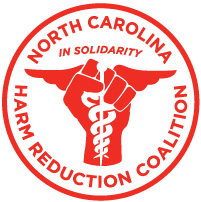
Western NC AIDS Project
Please consider a monthly donation as the impact will reverberate for years. Buncombe County (Asheville) and Macon County.
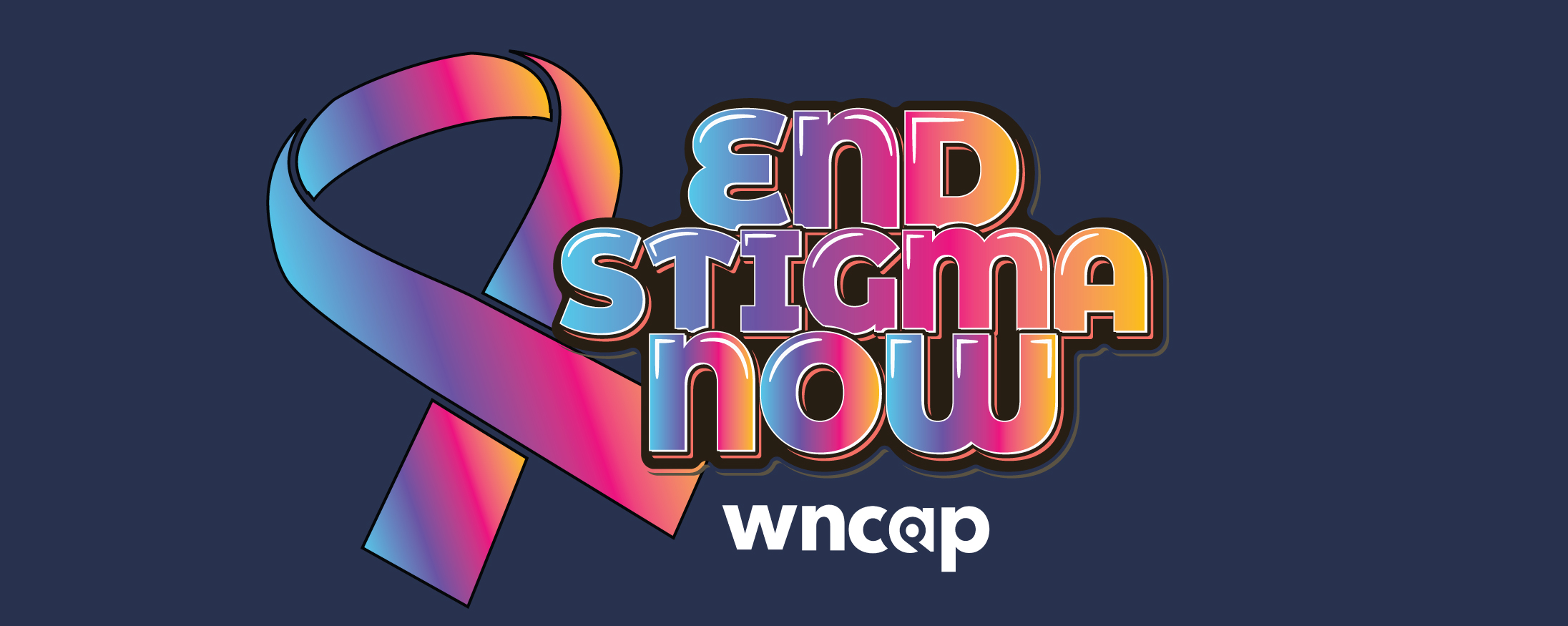
STEADY Collective
Core SSP in Buncombe County (Asheville), serving unhoused folks.
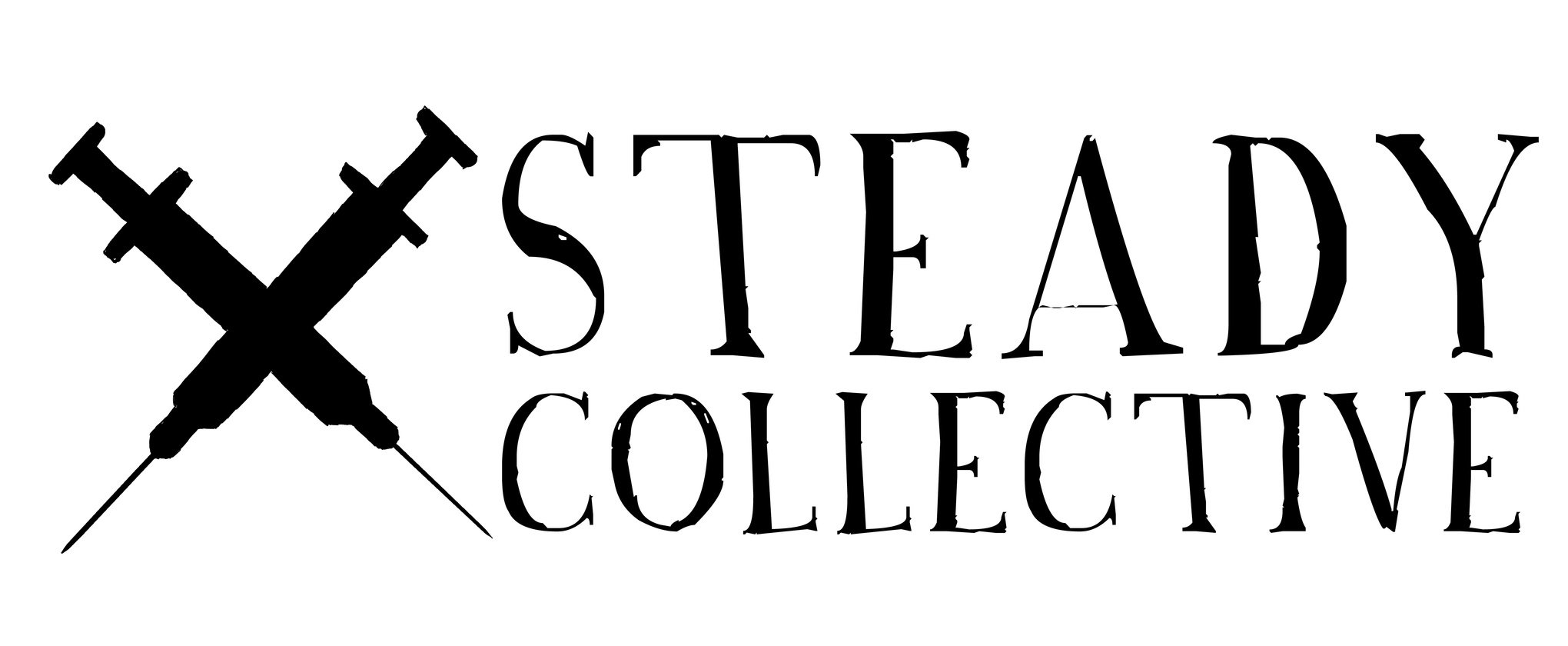
Holler Harm Reduction
Monthly donations accepted. Also Venmo. Holler has asked that immediate mutual aid donations be routed through Rural Organizing and Resiliency mutual aid pool for Madison County, which provides immediate access to cash. ROAR's Insta is regularly updated with needs lists. Also highly recommend signing up for a monthly donation with Holler. Holler's updated service delivery times are on their Insta.

Faith in Harm Reduction
Hill Brown is the Southern regional coordinator for this national org. They are arranging on the ground supply distribution in Mitchell and Yancey Counties. Make note in comment to earmark for storm recovery.
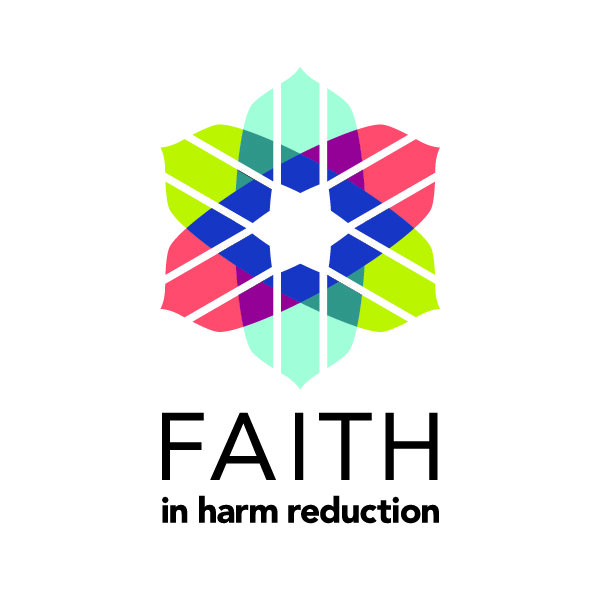
Virginia Harm Reduction Coalition
Danny at VHRC has been making deliveries into western NC, including by kayak. Supporting them to continue this lifeline would be excellent.
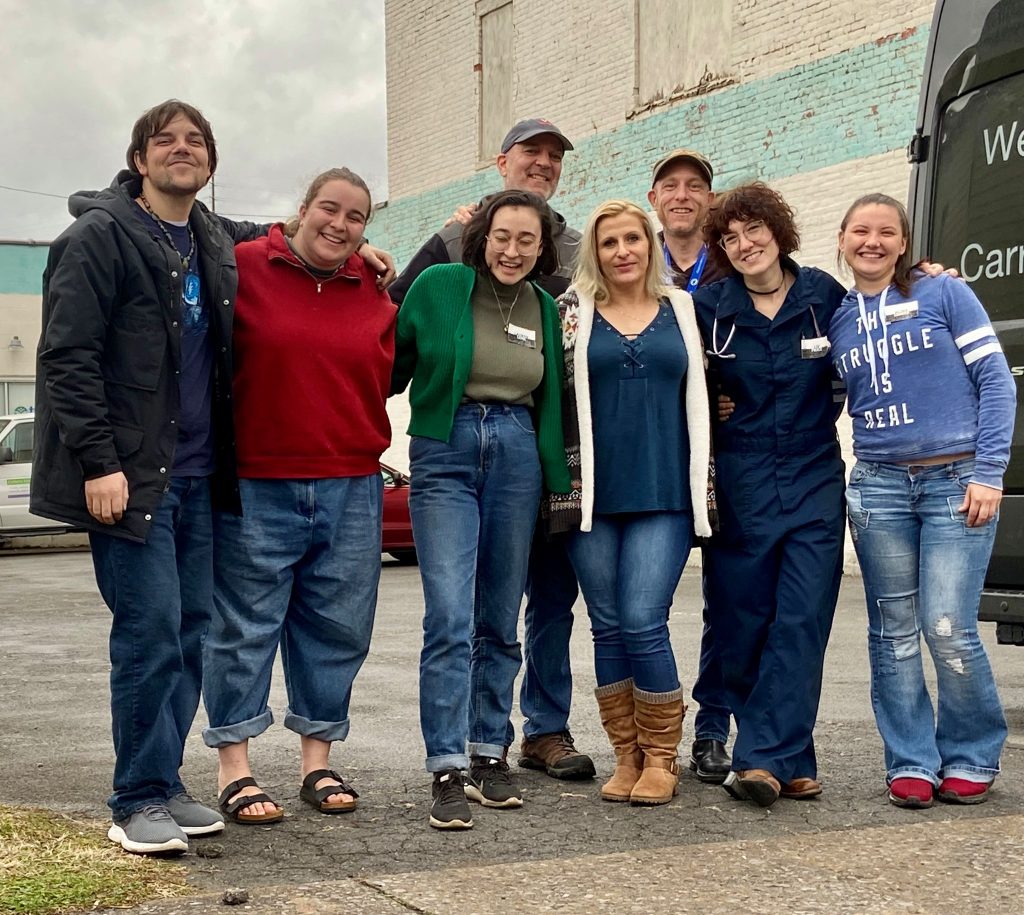
Programs in SC and TN
Challenges, Inc. is a well-established program outside of the most dire zone, but definitely affected by flooding and taking care of displaced people. We haven't been in touch with them, and don't know them from before the storm, but are being told by intermediaries that Community Defense of Eastern TN does good work in Green County Tennessee. Another we haven't connected directly with is Choice Health Network, but hear they do mobile outreach in hard-hit Cocke County TN.
Buprenorphine Access
There are 5 buprenorphine clinics in Asheville accepting new patients right now. Contact Anna Stanley at the SOTA for details.
The NC State Opioid Treatment Authority (SOTA) is helping with getting buprenorphine scripts transferred to operational pharmacies. Contact Pam Morrison or Anna Stanley at the SOTA. Let us know if you need their contact info.
Shelter staff should obtain the following information from each patient who needs continuation of medication for opioid use disorder:
- Name
- Date of Birth
- Medication and dose
- Name of patient’s current home clinic (or prescribing physician and medical practice, if receiving OBOT/office-based/prescription-based services)
Pain Patients
We hear reports of pain patients near the end of refills getting nervous about meds. If there are orgs in the area helping out, let us know and we will update here.
List of operating pharmacies:
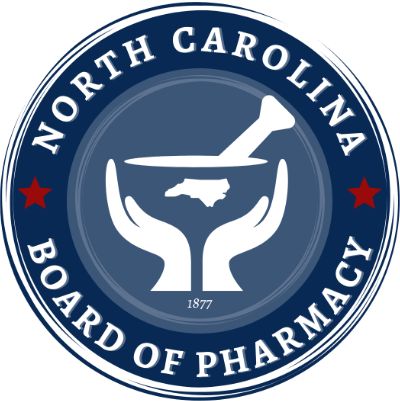
NC Board of Pharmacy has emergency loosening of restrictions posted for Helene already. And NC Medicaid has similar new flexibilities. It’s a start.
Below applies to buprenorphine (Suboxone) as well as pain meds.
CONTROLLED SUBSTANCE PRESCRIPTION FORMATS. The North Carolina STOP Act requires that prescriptions for “targeted controlled substances” to be transmitted electronically unless an exception applies. One exception is “technical failure or other circumstance preventing electronic transmission.” For obvious reasons, transmission or receipt of electronic prescriptions in Helene-affected counties is likely to be problematic. Accordingly, the STOP Act’s electronic transmission provisions are not a reason to decline filling a controlled substance prescription issued for a legitimate medical purpose in the ordinary course of medical practice. NC Board of Pharmacy
HT: Trish Freeman for the pharmacy resources.
Kristen Leloudis at the UNC School of Government has this excellent blog post breaking down the specifics of all the emergency prescribing rules in NC. Worth a read. Useful also for patient advocates. Covers emergency refills, early refills, non-patient pickups, out-of-state waivers, and controlled substances.

Bigger Picture
We have previously written about natural disasters and pain and substance use.
It has been observed that people somaticize social disasters into physical pain. Subjective economic hardship was associated with new onset low back pain following the Great East Japan Earthquake. Intensifying substance use may be a normal societal response to mass traumatic events, especially when experienced by people in lower socioeconomic strata. Increased alcohol use and binge drinking were noted after Hurricanes Katrina and Rita, with the greatest compensatory drinking among those with lower lifetime income trajectories. Women experiencing work stressors after September 11, 2001, were more likely to have increased alcohol use. Yet, some communities’ protective family and social structures generate resilience that mitigates negative impacts from the collision of economic hardship, substance use, and depression.








